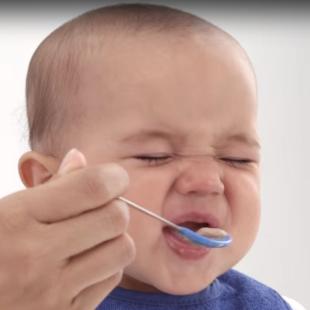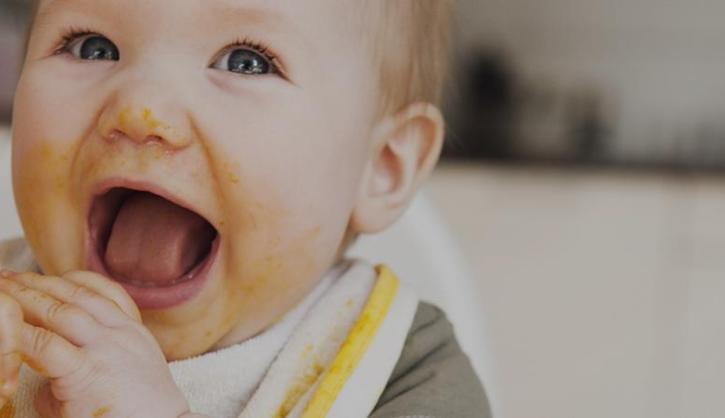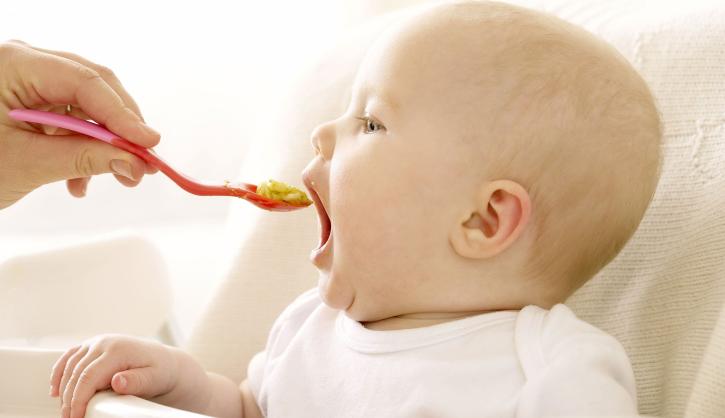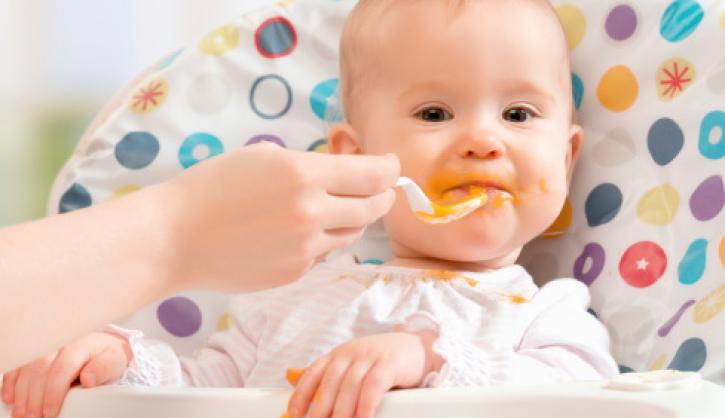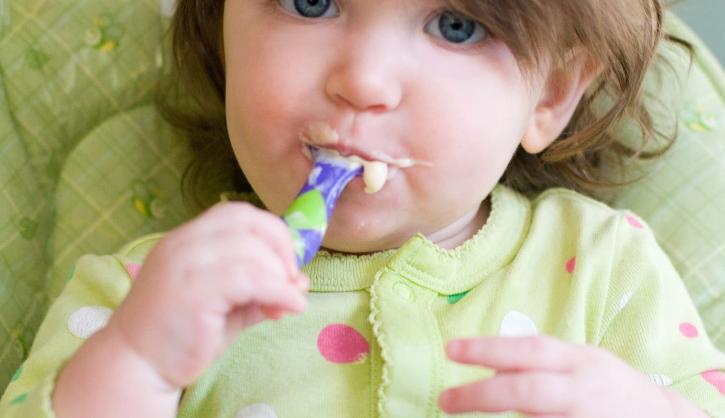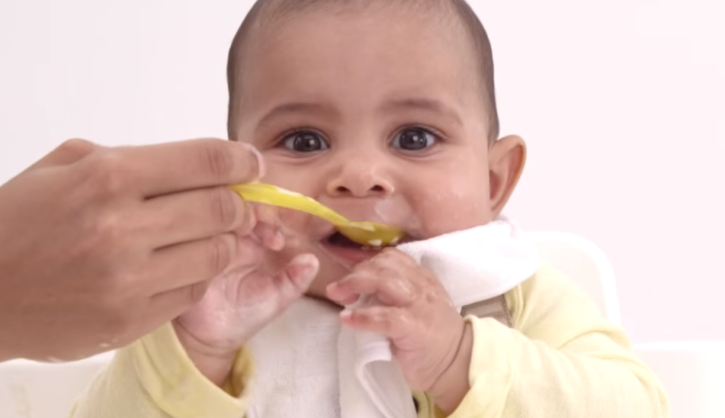Why is my infant a fussy eater?
Rest assured no parent is spared the experience of a picky eater: toddlers and babies will almost certainly at some point, refuse point blank to eat a delicious meal you will have lovingly prepared. Toddler tantrums and refusals from babies at mealtimes are all part of growing up, but it’s natural to feel disappointed and concerned when your baby refuses to eat. The secret to getting through this stage is to try not to associate giving food with giving affection and love to your child. That’s easy to say but not so easy in practice! Just remember that a child will never starve themselves.
There are many reasons why you may have a fussy eater. Toddlers are often picky eaters because of their growing sense of self.
At around 18-24 months old, your child will start to assert their personality. If they realise that saying "no" upsets you, they will use this as a way to test your position of authority. This is usually the beginning of the classic ‘no phase’, which is a normal stage in your child's psychomotor development.
This turning point also signposts that your baby has lots of other things they would like to be doing rather than eating. There are so many new things to discover, places to explore and games to play, that eating might not seem like the most fun option. Try looking at it positively: they’re so interested in the wider world that food is no longer their main priority! The refusals of a toddler or baby fussy eater are often also an expression of their desire for independence.
Is fussy eating normal?
You've probably realised from speaking to friends that two-year olds have similar preferences when it comes to food.
Favourite foods tend to be:
- Sweet, sugary flavours.
- Pasta, rice and potatoes.
And what they don't like:
- Less keen on vegetables.
- Reluctant to try new foods.
This phase of fussiness is normal and your baby will probably go through a phase of not wanting to try new foods. Fear of the unknown causes your child to start rejecting new foods. It is more pronounced in some children than in others, and most children grow out of it. When they are 6 or 7, it’s unlikely they’ll still be a fussy eater. Toddler and baby mealtimes can feel like a chore when they are refusing food, but remember that this phase is normal and it won’t last forever.
Try following some of our tips to reduce the frustration and further chances of picky eating.
- Relax, and don’t try and win this battle of wills. It will get better with time.
- Get to know your infant’s appetite and tastes, as fussiness doesn’t explain all food refusals. Perhaps your baby was simply not that hungry that particular time; appetite changes from day to day. Additionally, a baby fussy eater might not be rejecting one food in particular, as a touch of tiredness or teething can also affect their appetite. Don't worry, your baby will eat everything they need and their health is not in danger as long as their growth rate continues to progress normally.
- Another possibility is that your baby really doesn't like the food you are offering (remember how you used to hate spinach!). After several refusals, you can assume that your baby does not like that food. However, don’t give up. Just keep trying it at different times as it can take up to 16-20 attempts at trying a food before it is accepted.
- Sometimes it is not necessarily the taste of the food but the stringy texture that the child may not like. Try using a fine sieve to remove any stringy bits from a fennel purée or the seeds from a raspberry compote! Or, for example, your child might dislike cooked carrot but, if they’re old enough to eat uncooked foods (around 8 months), might enjoy it raw. Try the food in lots of forms to see if there’s one they like.
- Don’t use blackmail or intimidation to solve fussy eating, and avoid negotiation. Learn to be both firm and coherent: "You don't want it, ok, it doesn't matter. However, you won't get anything else but water until the next meal". Admittedly, it's not easy the first time! However, once your child realises they don't have a hold over you, they will understand that it is in their own interests to compromise.
- Don't turn mealtimes into an emotional tug of war. They don't eat "to please you" but rather because it is an enjoyable, vital necessity.
- Don’t force your child to eat. It’s better to avoid head-on conflict. Just ask them to taste it and praise them for having done so, even if they didn't like it. Then offer the same food in a different form a few days later.
- Involve your child by letting them identify different foods and taste them without having to eat them.
- Early on in weaning, present them with healthy options of what to eat and allow them to choose.
- Allow them to feed themselves even if it does get messy. Try using finger foods to make it easier for your toddler fussy eater to interact with what they’re eating.
- Create the right environment. Try to remove any distractions in order to teach them to concentrate on the food in front of them, so that they learn about the colours, textures and flavours of their meal.
- Rather than presenting them with a full plate of food, which can be off-putting for someone with such a small appetite, arrange the meal into little portions. Also, pay attention to presentation: a funny plate and a special, colourful spoon will make the meal a lot more fun for your child.
- Feed your child at the dinner table with the rest of the family. This will make them feel more involved, and show them that everyone else is enjoying their food.
Remember that this stage is very normal, and unless your child appears unhealthy there’s nothing to worry about.


